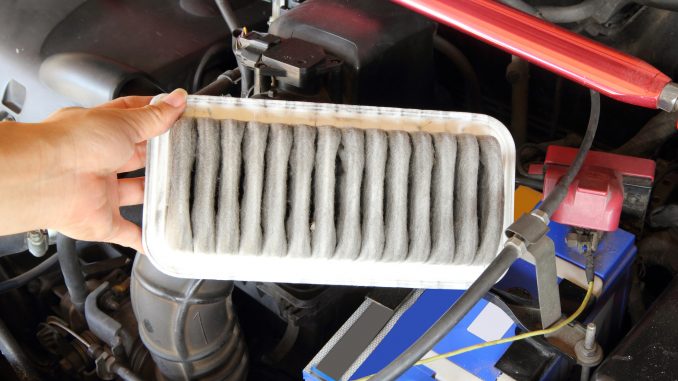
For those of us who drive a car, we’ve all at some point been at the mercy of rising gas prices. The oil and gas industry is an ever changing volatile economy that can make or break a budget when it’s time to fill up.
To maximize a car’s mileage and time between gas station trips, there are a few things that can be done. One of those things is changing your air filter. In this article, we’re exploring small and cheap ways to keep gas mileage affordable.
Gas Mileage
For those who don’t know, gas mileage is the amount of distance a car can go on one gallon of gas. This amount changes depending on the car condition, driving conditions, and driving habits.
Change your Air Filter
This seemingly small change can save upwards of $300 a year! For cars to function, they have to take in air to help the engine burn fuel.That air needs to be clean to ensure everything is running efficiently.
If the air coming into the engine is dirty, particles like dirt and dust become part of the combustion cycle, which decreases engine’s speed and functioning. An engine running on dirty air has to work harder, which takes more gas.
To keep this from happening, make sure the air filter is replaced every 30,000 miles or so. Cars driven in dirty conditions or exposed to large amounts of dust should have theirs changed more often. Take a look in your vehicle’s manual to find the right filter and other info.
Keep Your AC Off
Air conditioning can feel like the best thing in the world for those in hot climates. Unfortunately, it’s not the best thing for mileage. If it’s especially warm outside, the AC unit has to work very hard to keep passengers comfortable.
Anything a car does that isn’t part of an engine running can decrease gas mileage. Using the AC for short trips in hot weather is one of them.
To keep gas mileage up without turning the car into a sauna, keep the windows open at speeds of 40 miles per hour or lower.
Driving Habits
Another completely free way to increase gas mileage is to change the way you drive. Those who drive at faster speeds than necessary decrease their gas mileage by up to 30%.
To optimize gas mileage, try to keep speeds under 60 miles per hour. Any speeds faster than 60 miles cause a visible drop in gas mileage and a noticeable rise in harmful emissions.
Quick acceleration and quick, harsh stops make an impact on mileage as well. Drivers that engage in these behaviors can see a major gas mileage without getting where they’re going any faster. Comparing these facts makes one think twice before pressing on the gas.
As an added bonus, using more responsible driving behaviors is better for the earth. Fuel is a finite resource and the less cars use, the more time it buys us to find new fuel sources.
All of the tips above, except changing the air filter, are completely free ways to increase your gas mileage. Putting them into use saves time and money. Which will you try first?
